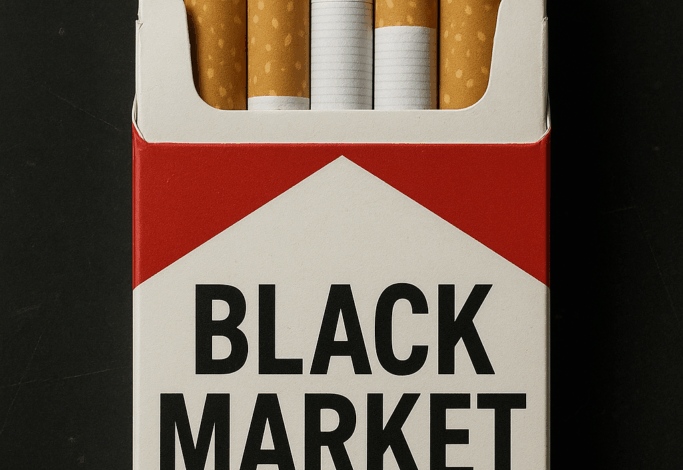My Weekly Reading for June 15, 2025

Happy Fathers’ Day to All Dads!
First and foremost, a heartfelt Happy Fathers’ Day to all the dads out there!
Written by Gina Heeb, AnnaMaria Andriotis, and Josh Dawsey for the Wall Street Journal, published on June 13, 2025.
Overview:
A potential move by retail giants like Walmart or Amazon to introduce crypto-based payments that bypass the traditional banking system could have significant implications for the banking and card-network industries.
Retail and technology companies, with their extensive customer bases, vast data resources, and fewer regulatory constraints, pose a longstanding threat to traditional banks, including smaller community lenders.
DRH note: As a staunch supporter of free-market principles, it’s no surprise that my favorite adjective from the excerpt above is “lighter regulations.”
The Impact of Tobacco Excise on Smoking Rates in Australia:
Authored by Patrick Commins for The Guardian, published on June 10, 2025.
Economists argue that regular increases in tobacco excise have failed to reduce smoking rates further and have inadvertently fueled a thriving black market for cigarettes.
They propose either freezing or reducing the excise rate while intensifying efforts to combat illicit tobacco trade. However, a public health advocate warns against drastic tax cuts.
Recent statistics reveal a troubling trend:
Over the past decade, the excise per cigarette has tripled, contributing significantly to the average price of a packet of cigarettes. Despite initial expectations of reduced smoking rates and increased revenue, excise receipts have plummeted, pointing to a surge in black market tobacco availability.
Seizures of illegal tobacco at the border have escalated dramatically, underscoring the challenges posed by illicit trade.
The Evolution of Health Choices and Political Ideologies:
Authored by Elizabeth Nolan Brown for Reason, published in July 2025.
Reflecting on past sentiments, conservative figures like Sean Hannity voiced objections to government interventions in personal health choices, particularly regarding fast food consumption.
Shifts in political ideologies have seen a departure from traditional “Big Gulp conservatism” towards a more health-conscious approach, reflecting broader societal changes and responses to public health challenges.
DRH comment: The intersection of health trends, political ideologies, and public policy decisions continues to shape contemporary discourse and individual choices.





